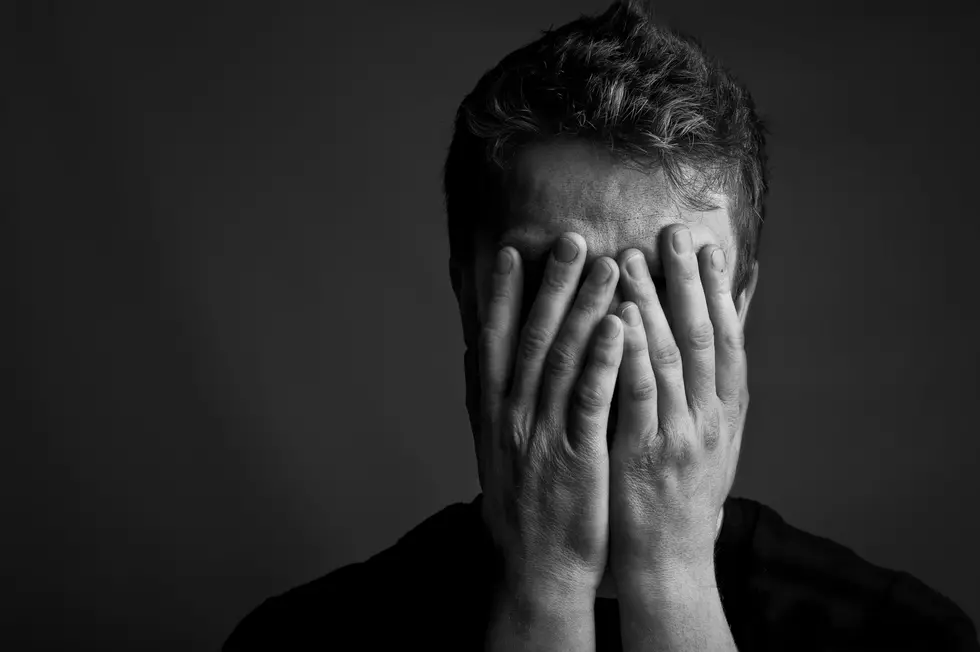
Parents: Spot mental health effects connected to remote learning
In a recent 4-H National Council survey, 70% of responding teens said they felt depressed, anxious or highly stressed. In the same survey, 61% said the pandemic had increased their feelings of loneliness.
A nationwide Gallup poll taken in June found three in 10 parents said their children were "already experiencing harm" to their emotional and mental health as a result of social distancing and school closures.
With more than 240 New Jersey school districts beginning the new year with all-remote learning, feelings of anxiety and loneliness can increase for students as they try to get through the uncertainty this school year brings, said Lorraine Gehrig-Mullins, vice president of school-based services for Care Plus NJ.
Gehrig-Mullins said mental health among students is more of a concern with virtual learning because students have lost their connections to the resources that in-person schooling provides them — including a consistent presence from caring adults who are connecting with them on a daily basis in person. They don't have access to the on-site mental health services that schools often provide, or the structure and consistency of a school day.
But she said parents can help balance the mental and emotional needs for students throughout the virtual learning process by making sure their kids have routines that are predictable and they know what to expect.

It's also crucial that kids have social connections, Gehrig-Mullins said. Whether they are learning in-person or remotely, any opportunity to see their peers or other adults in person is really helpful, she said.
Gehrig-Mullins said when kids have suffered from trauma, having a consistent presence from caring adults available is crucial to healing.
Teachers can also help kids with their mental well-being, she said. They can check in with each student to see how the students feeling each day, and follow up with those who aren't doing as well. She said many school districts still have mental health services in place — therapists, members of child study teams or guidance counselors who can do outreach by phone or to a student's home.
Kids also need to get up, move around and get some activity and exercise in between classes, Gehrig-Mullins said.
Gehirg-Mullins said parents and teachers should be on the lookout for warning signs and symptoms that a student is struggling with mental health. She said they should notice if their children seem less motivated or less excited to get engaged in their typical activities. Kids may have trouble getting up in the morning, or have a hard time going to bed. If parents or teachers see students crying more frequently or expressing some danger to themselves or to others, those concerns should be assessed further.
More from New Jersey 101.5:
Losing our minds this first week of remote learning - By Mike Brant
More From New Jersey 101.5 FM









